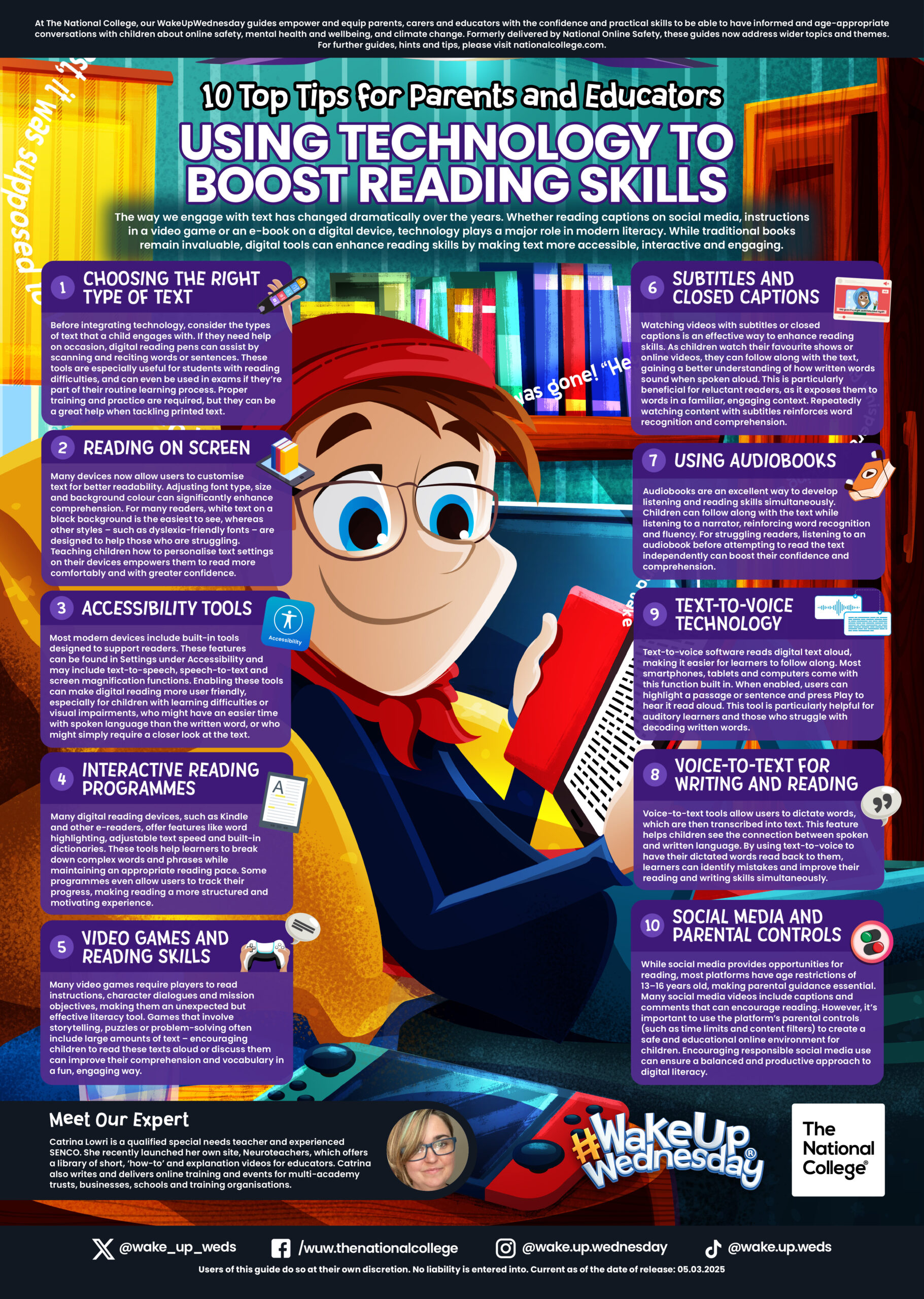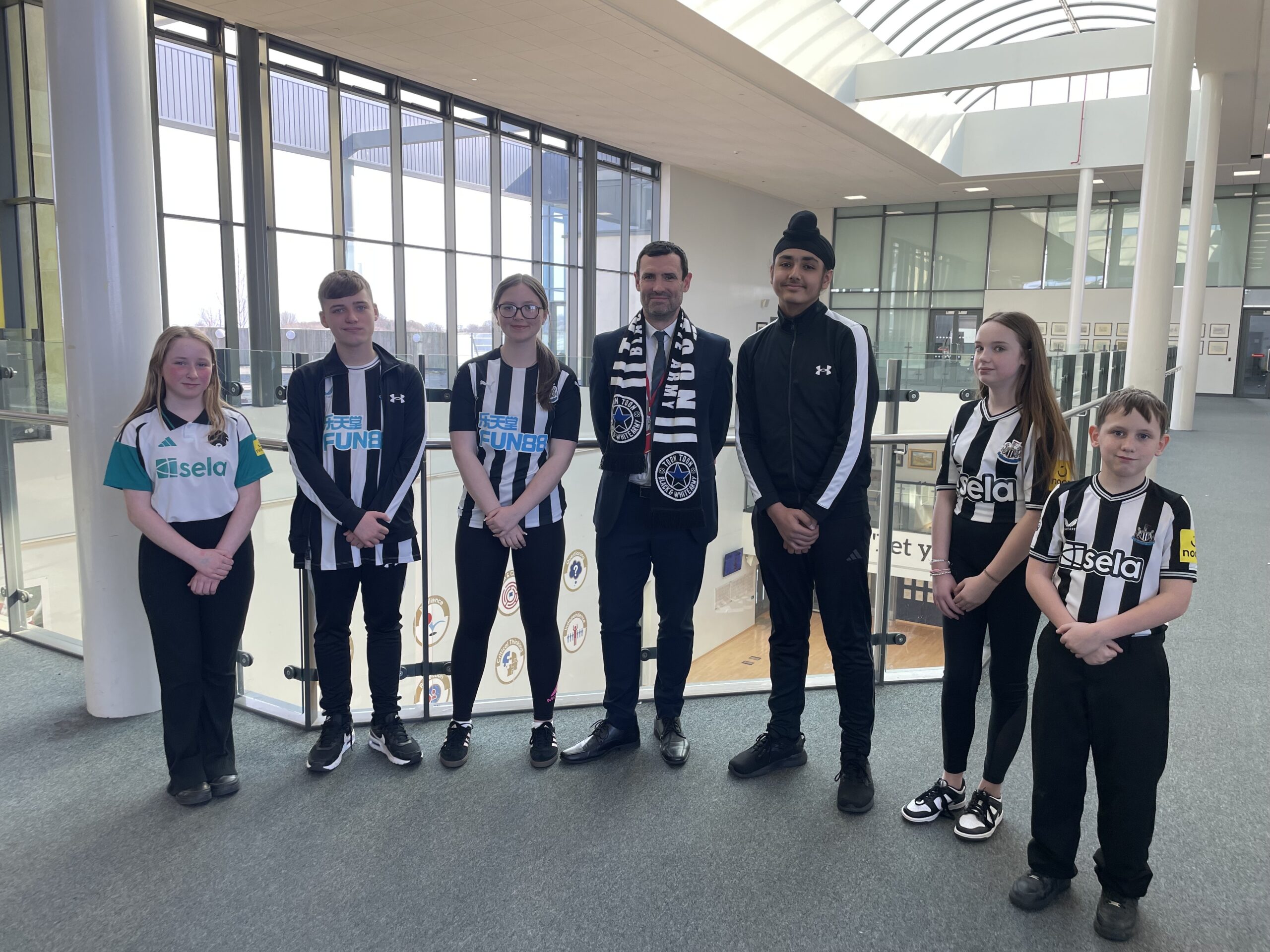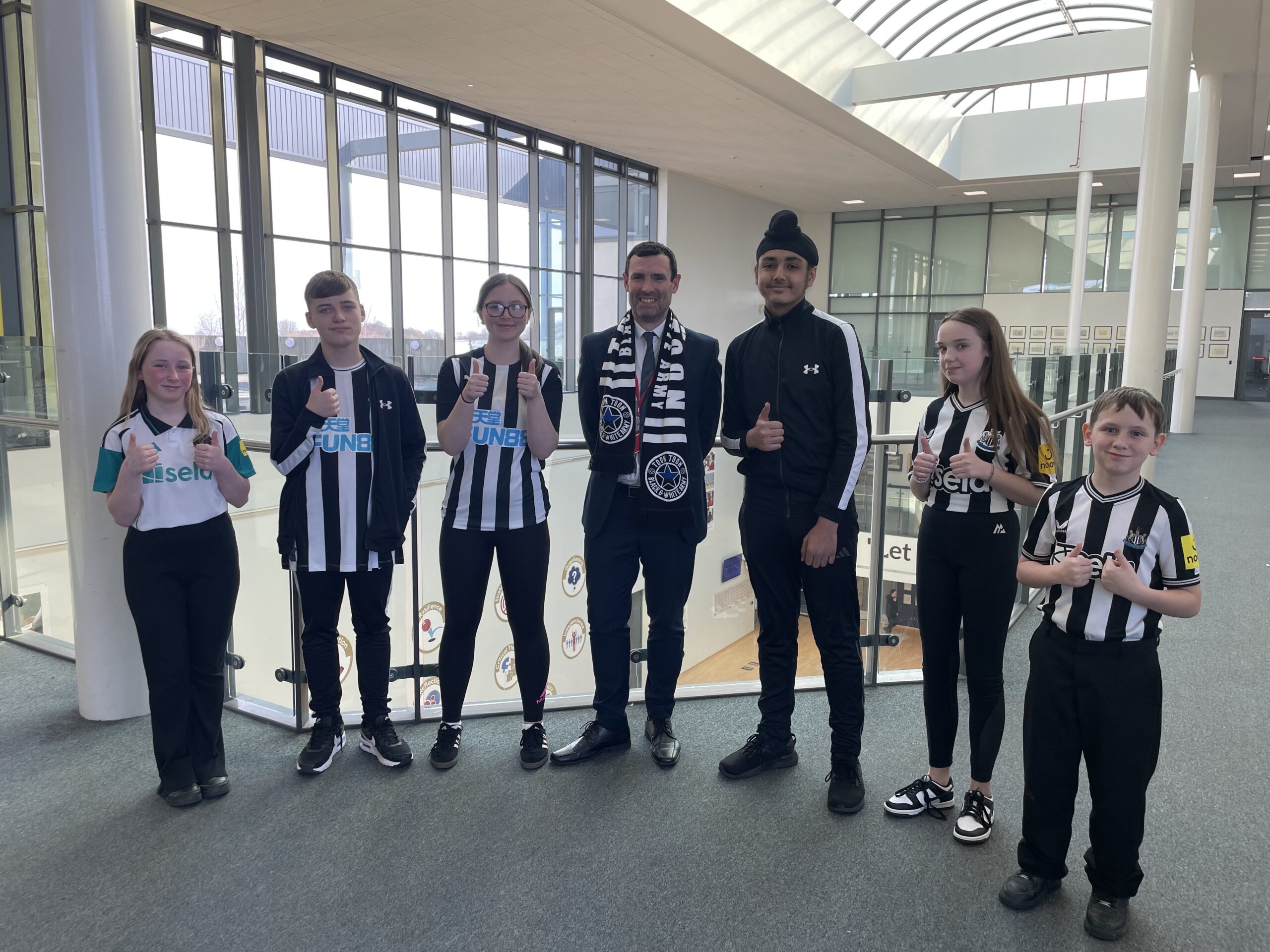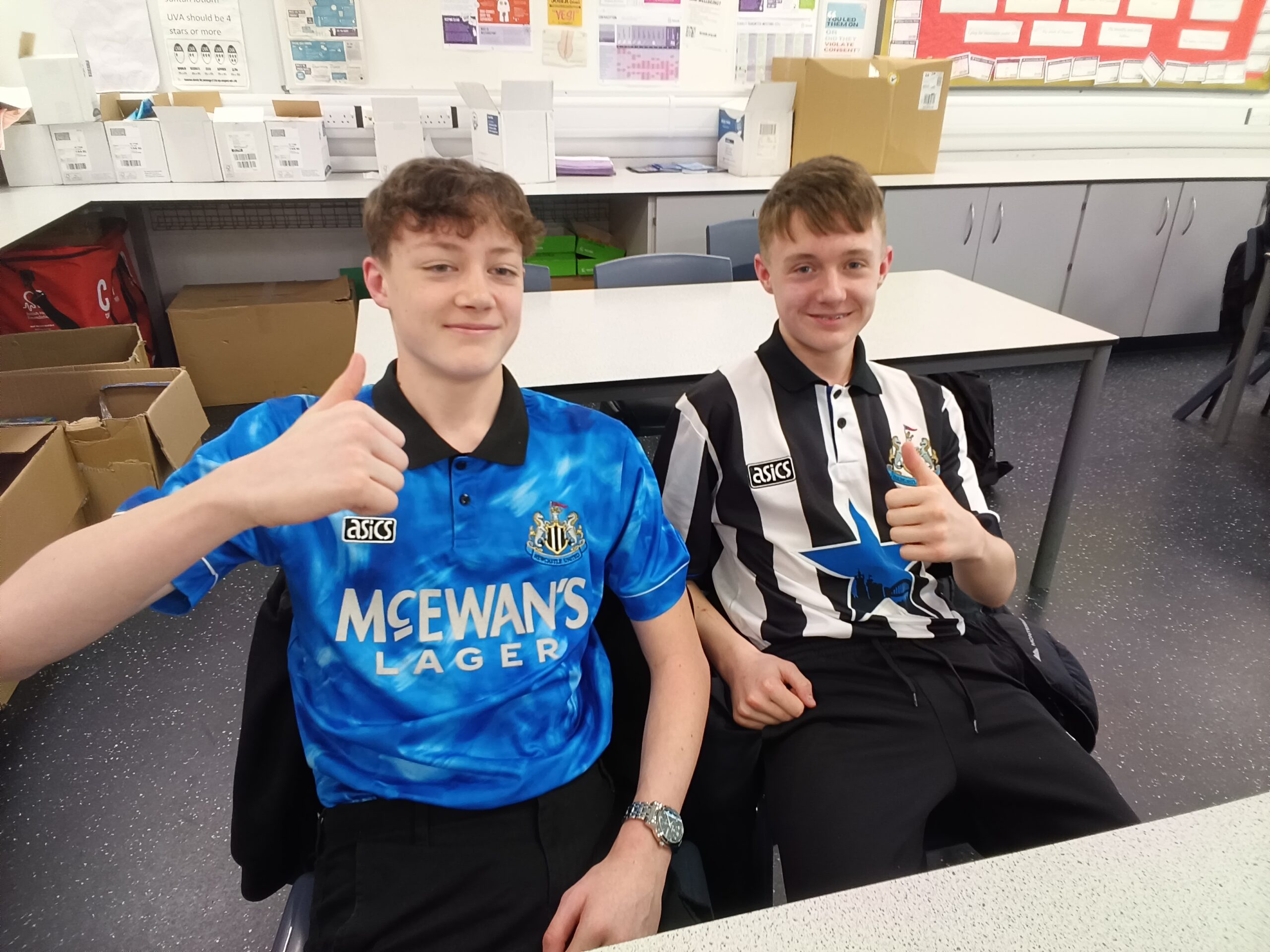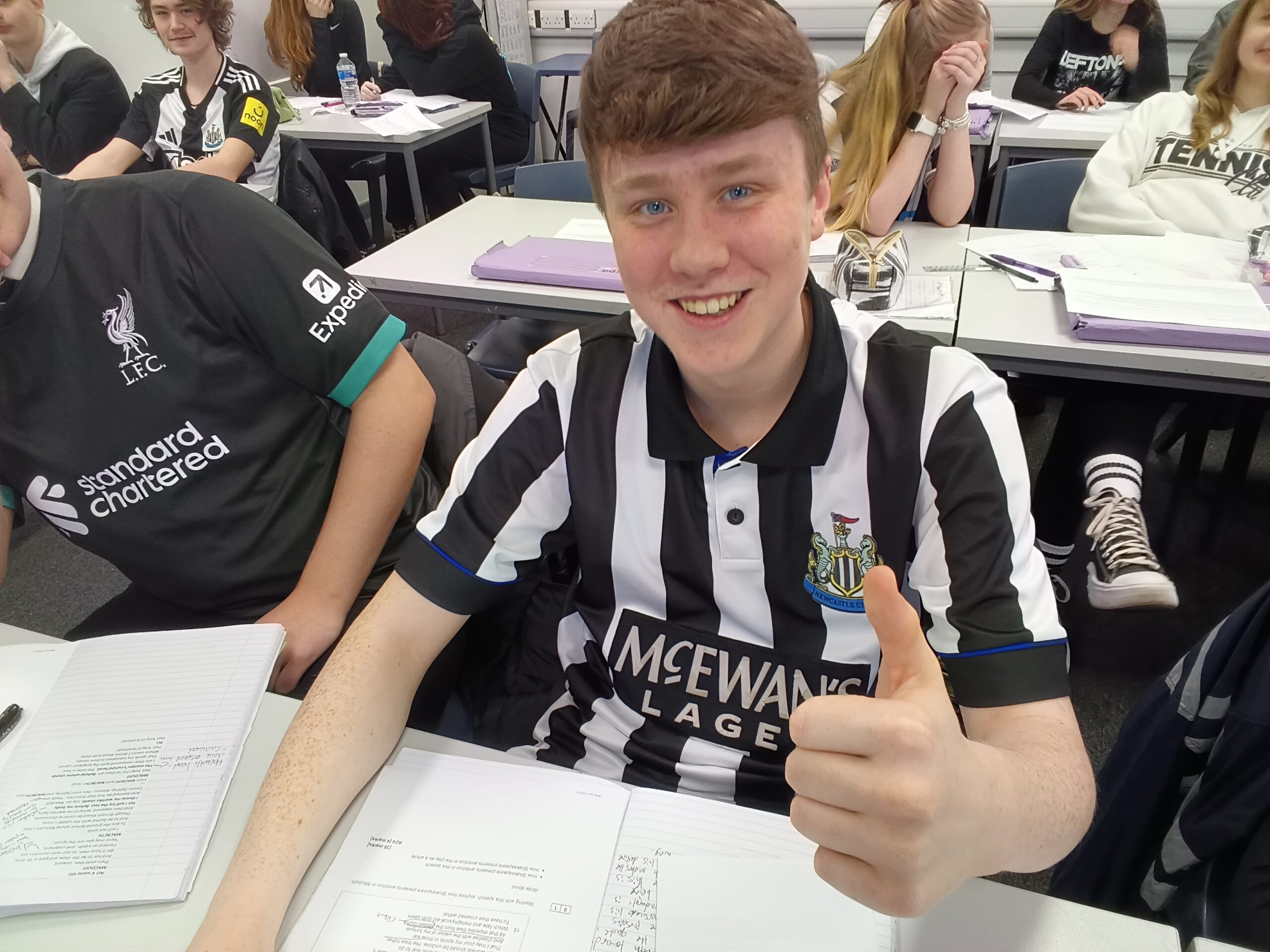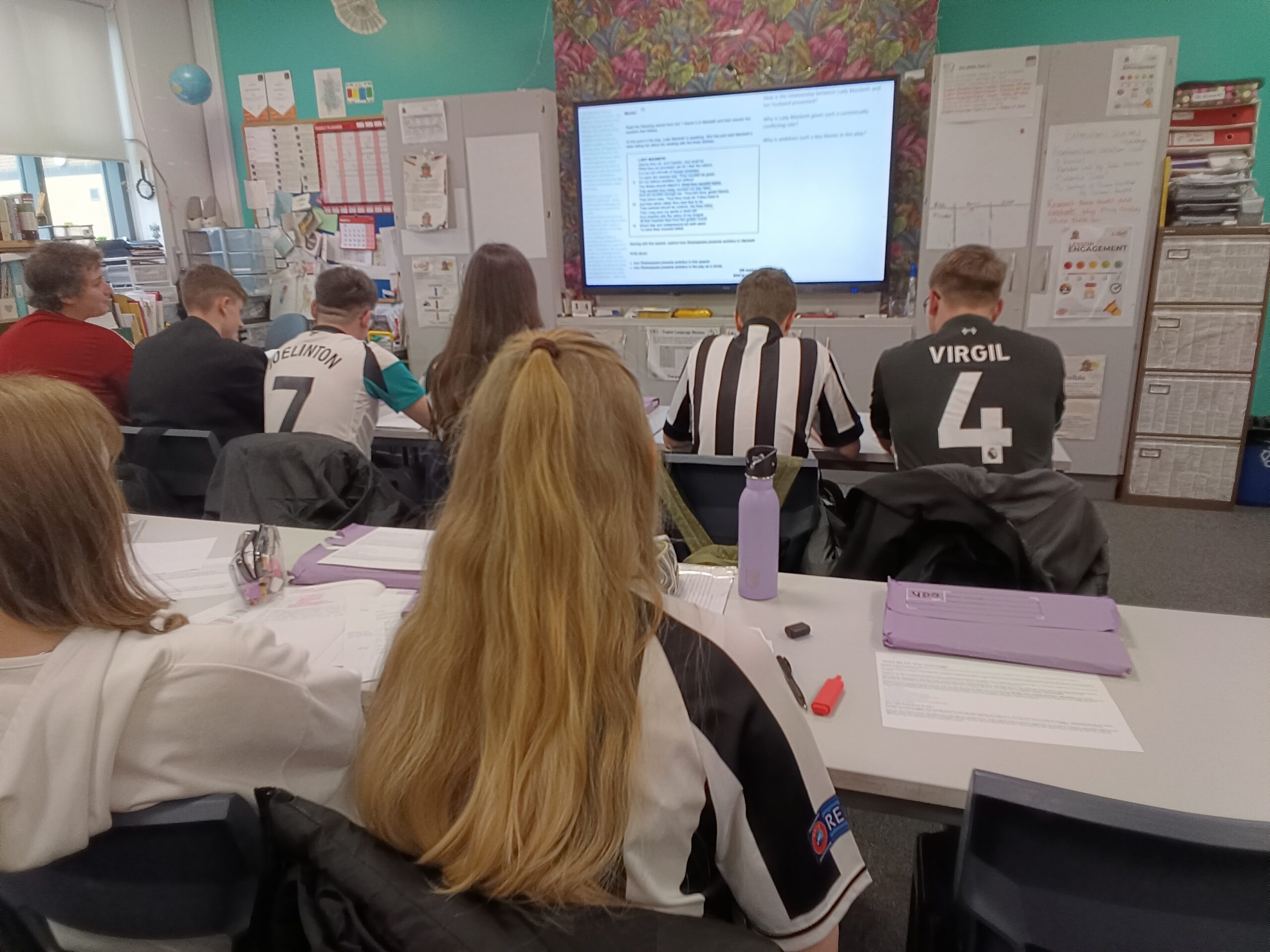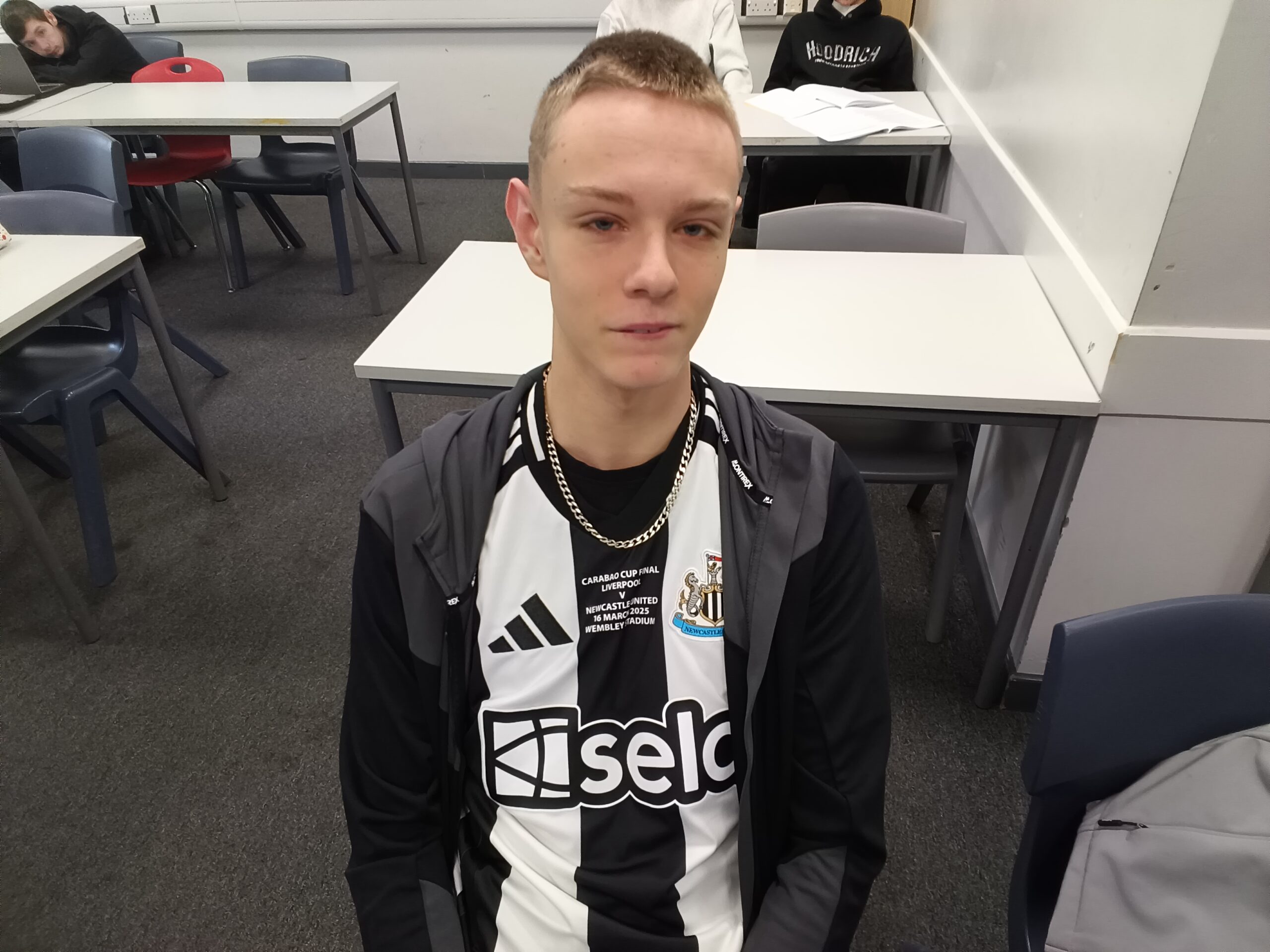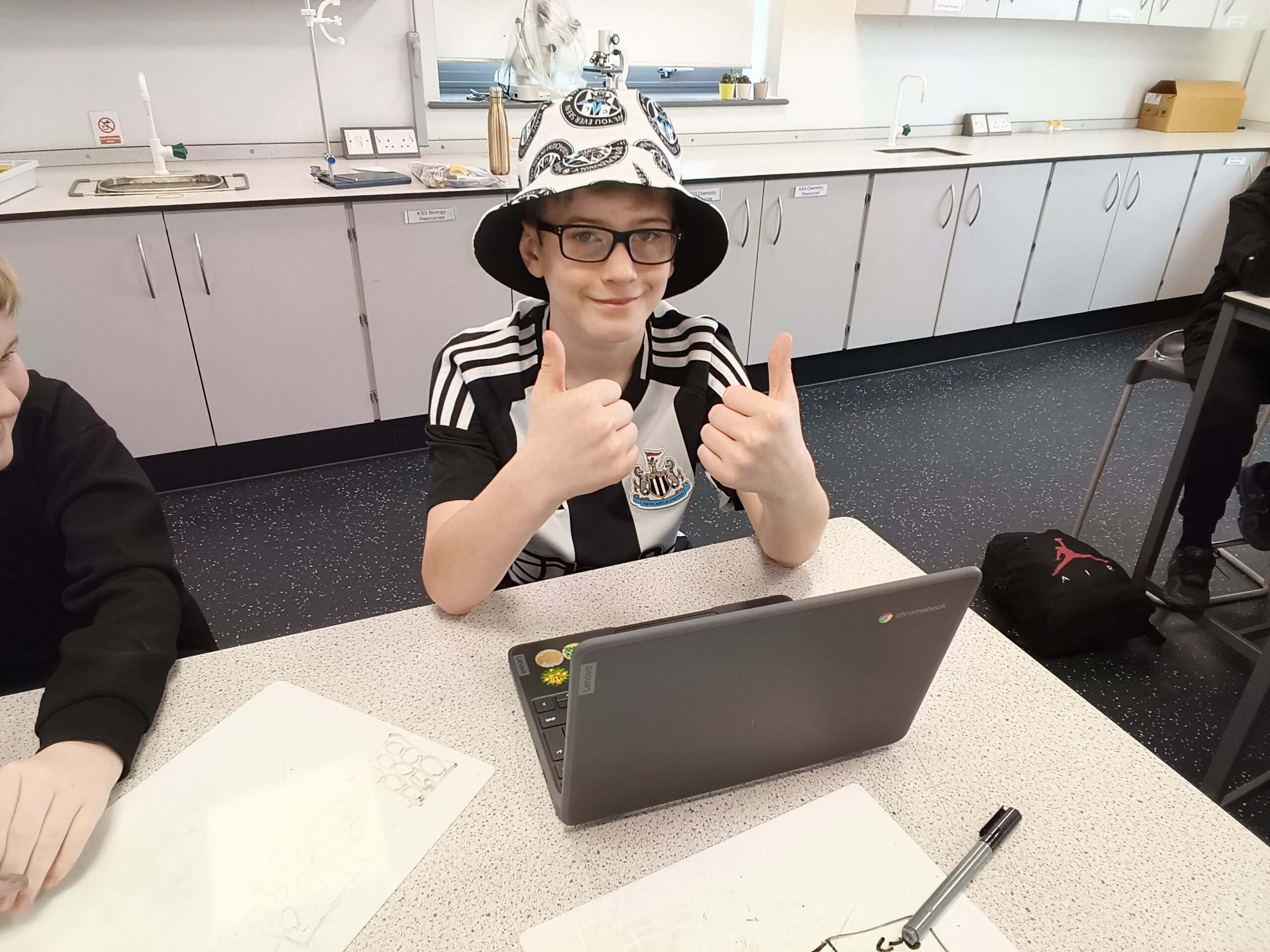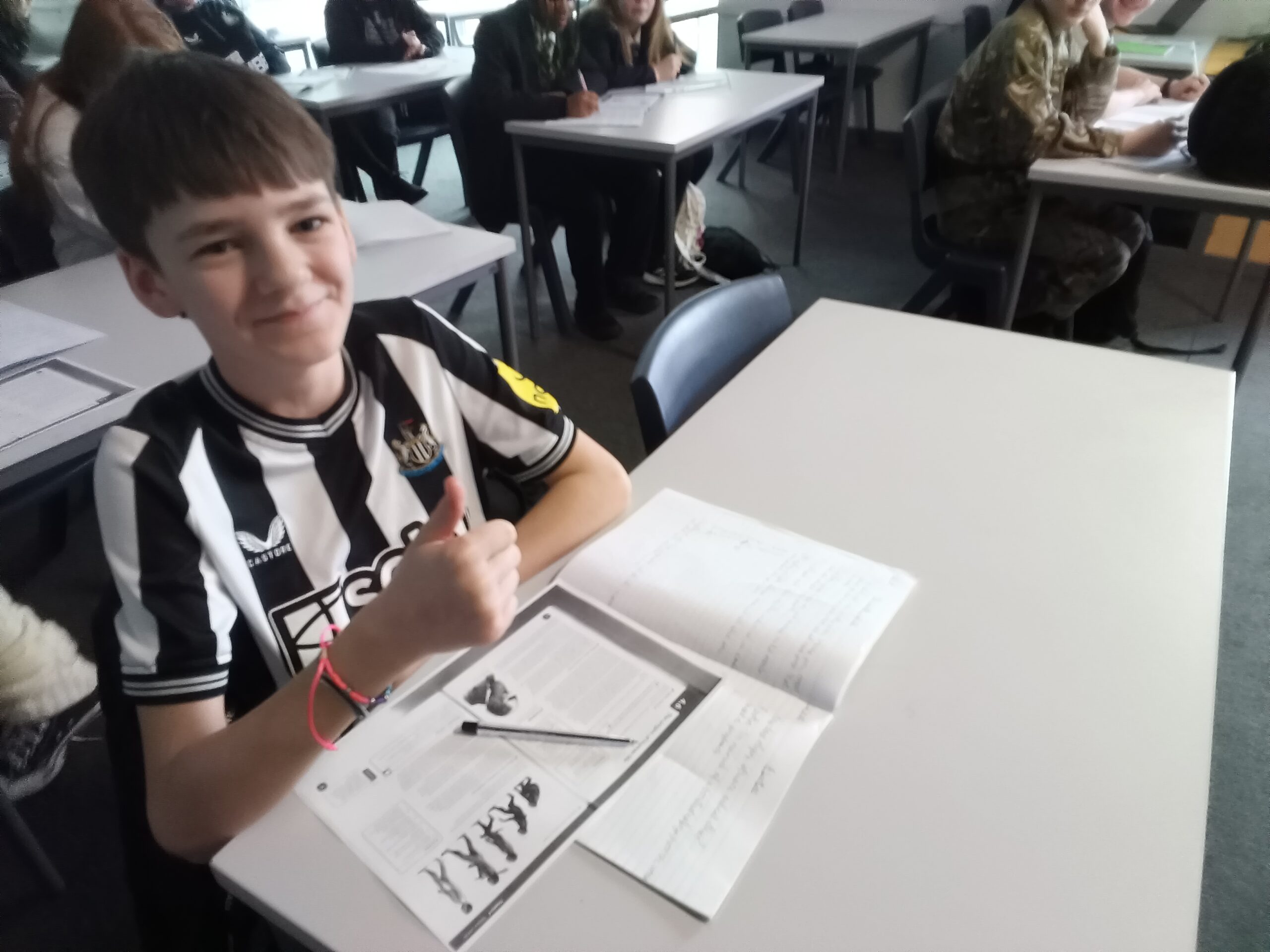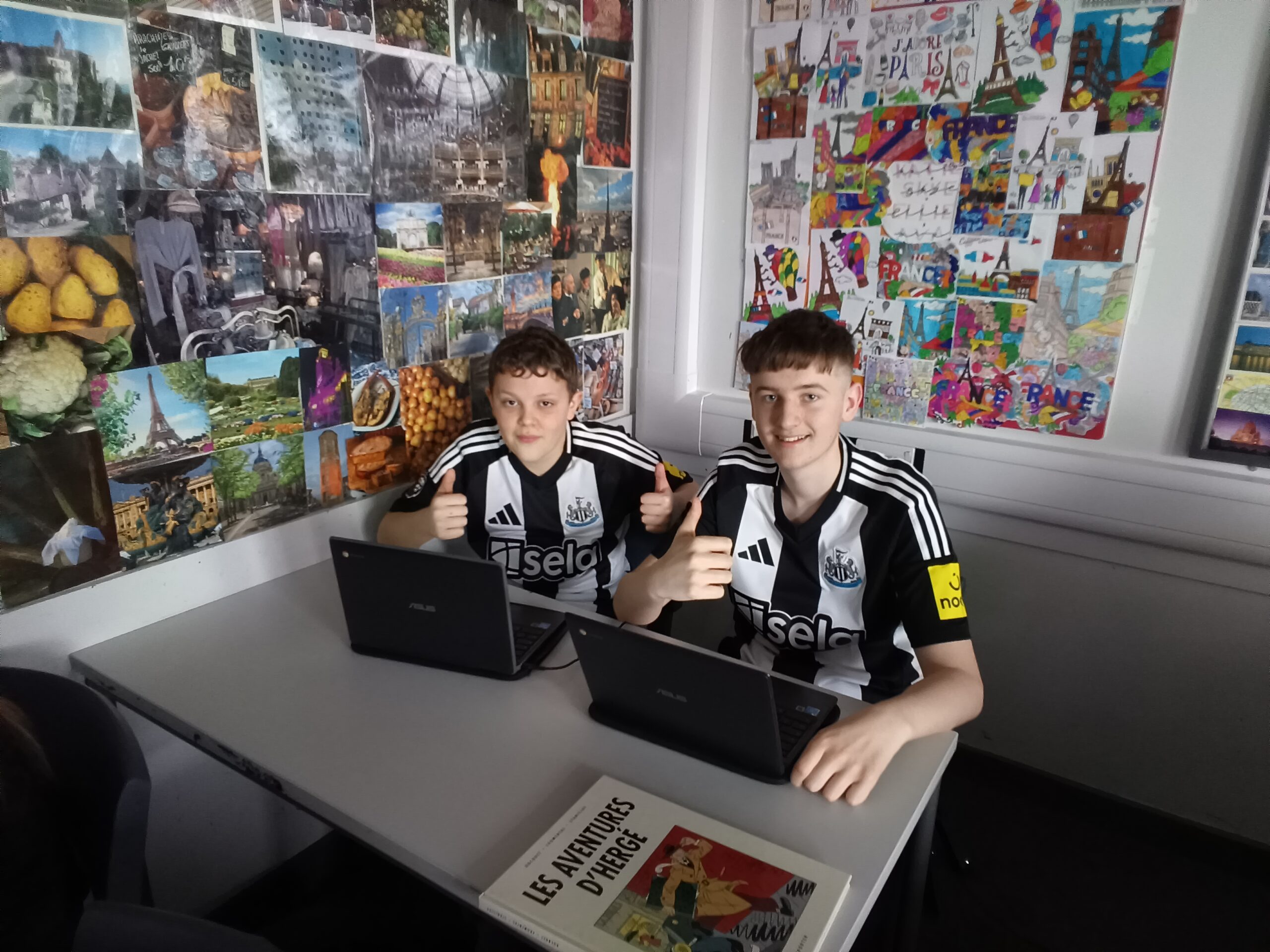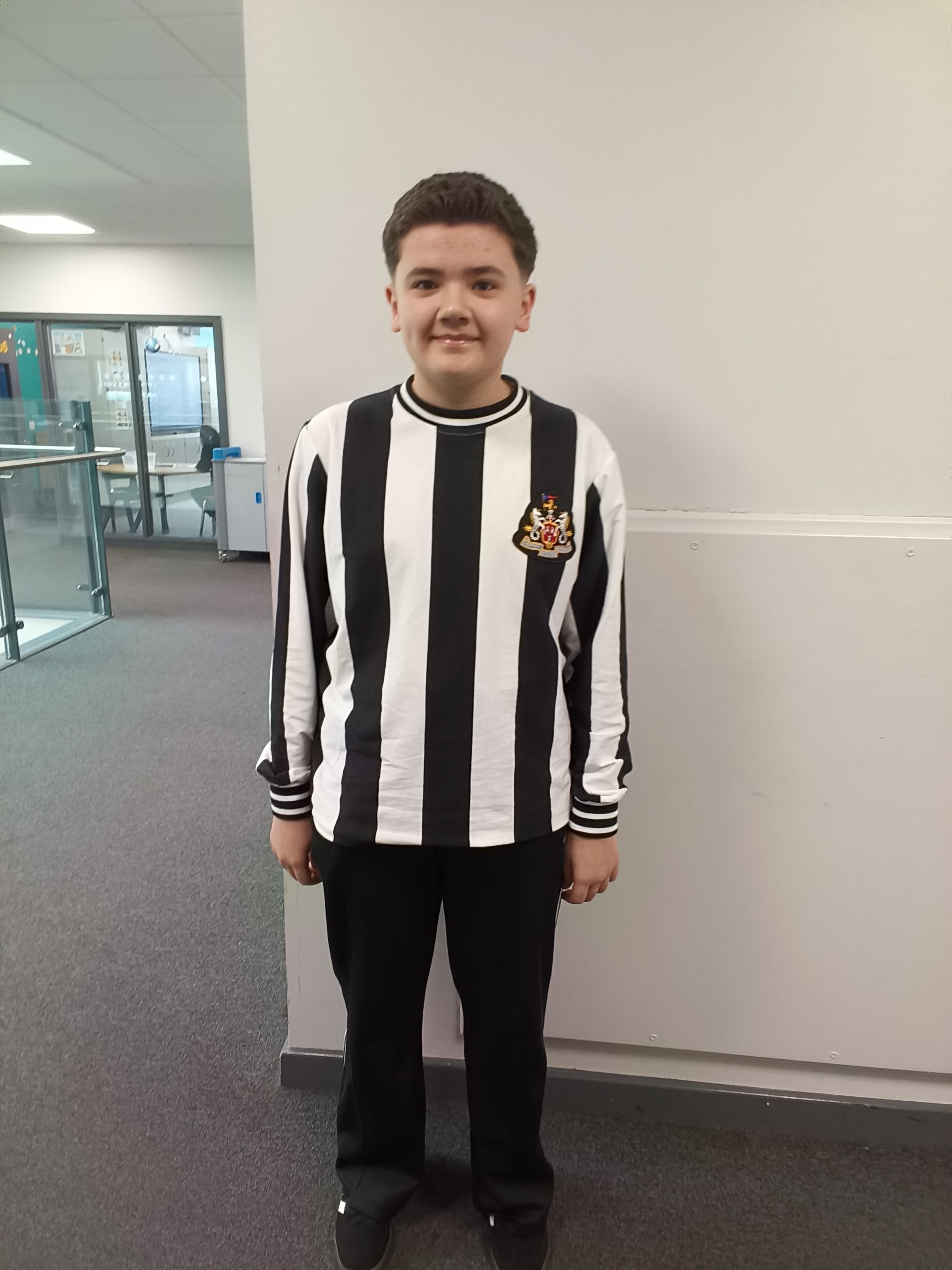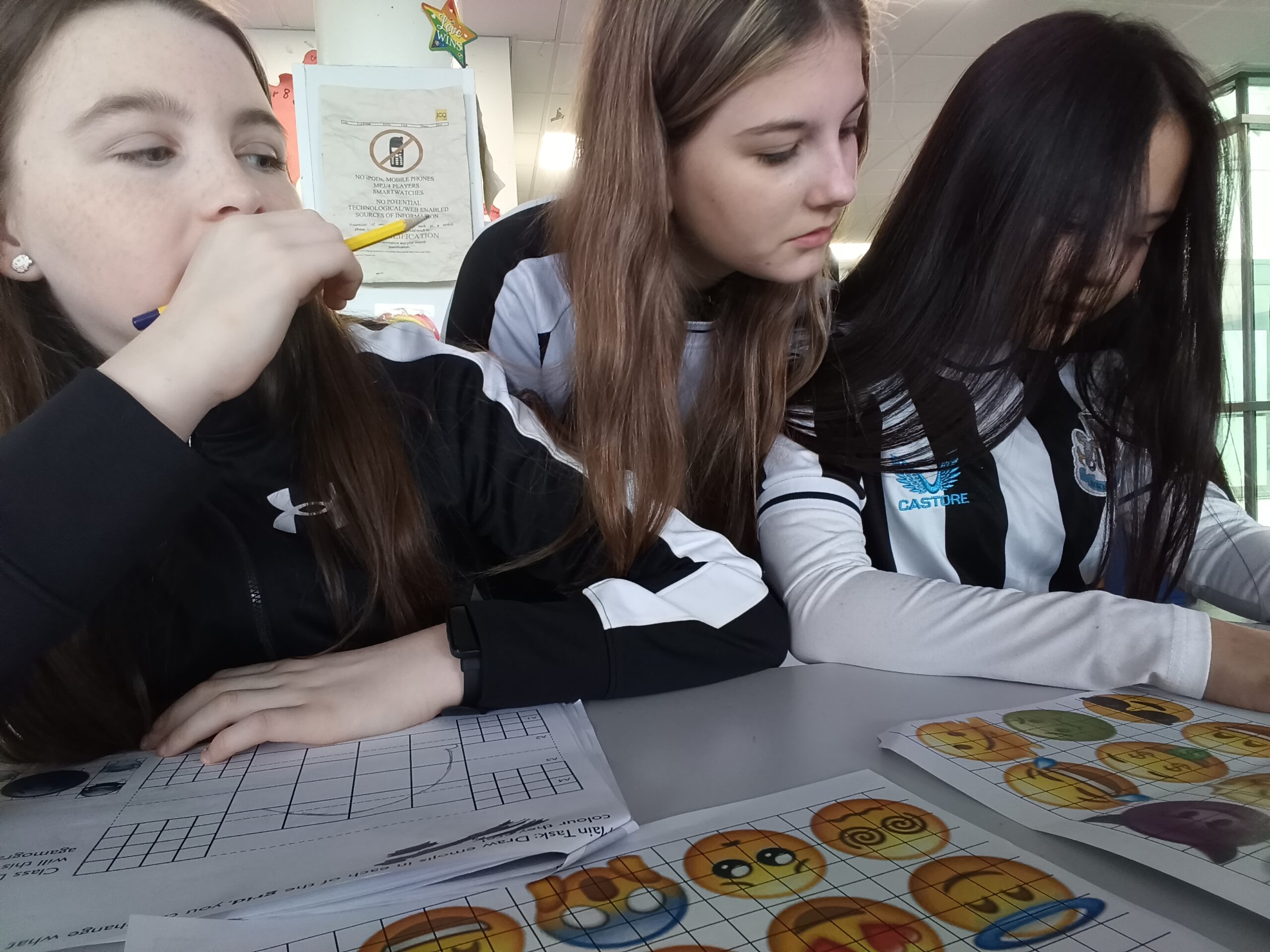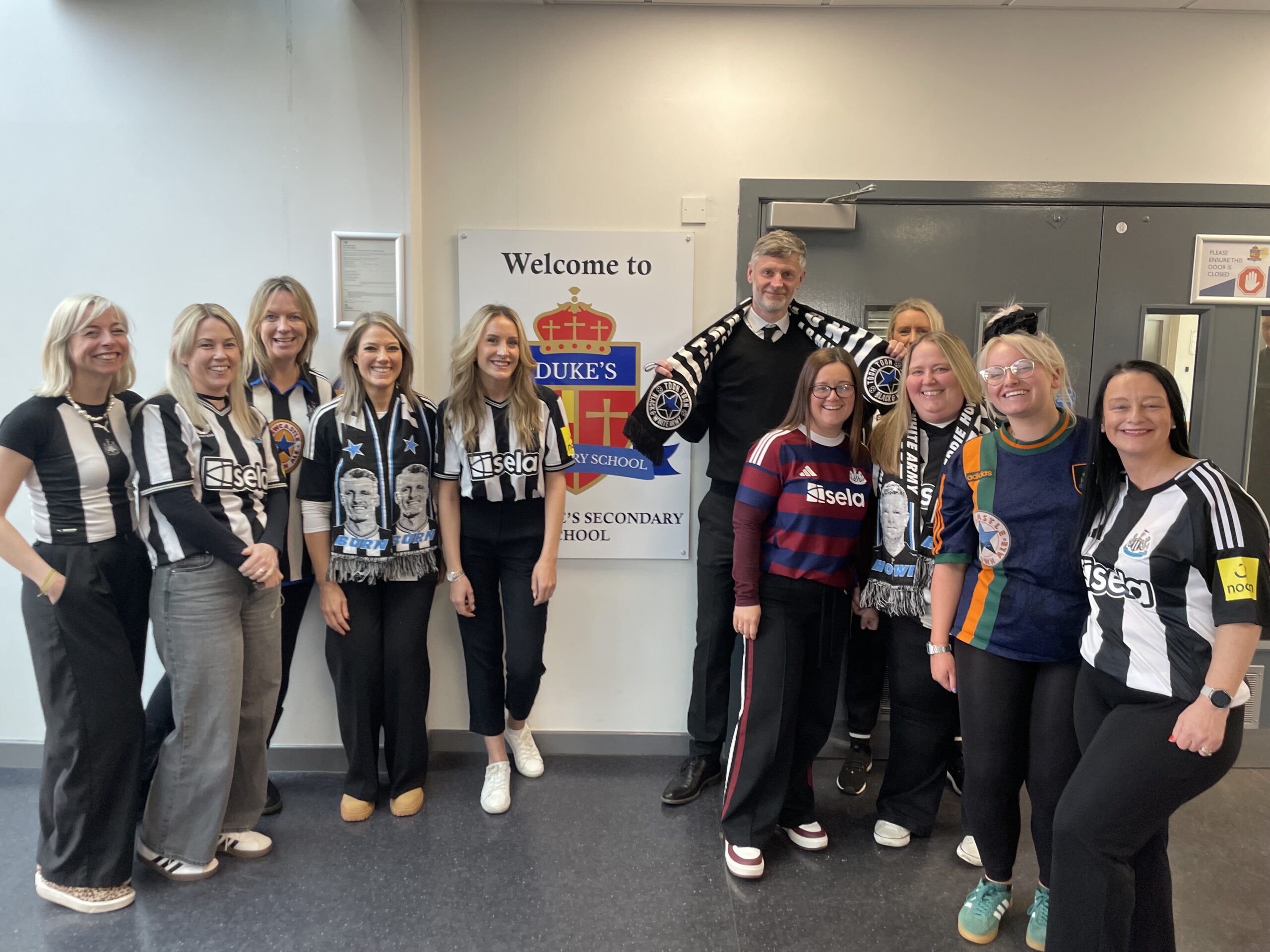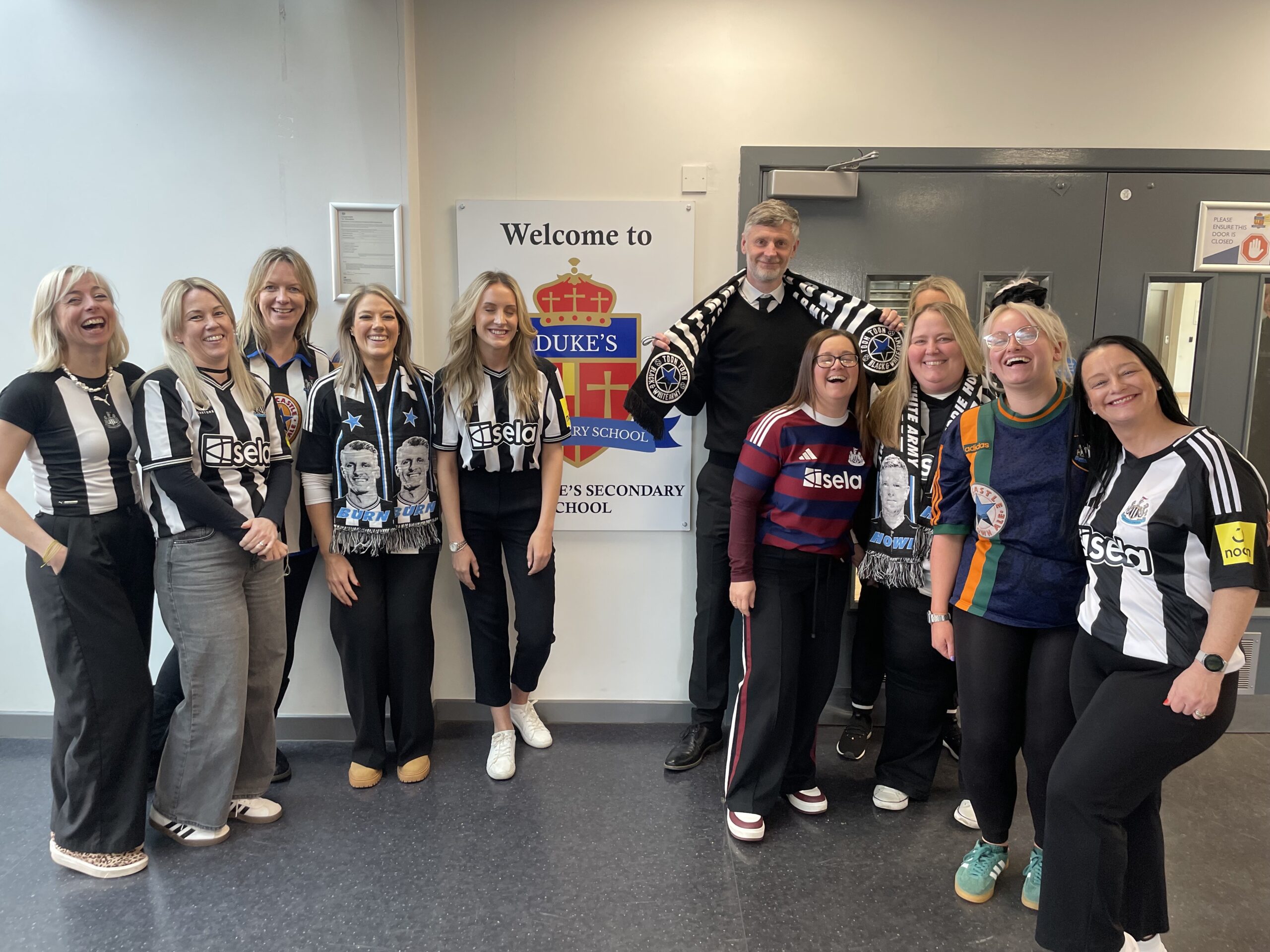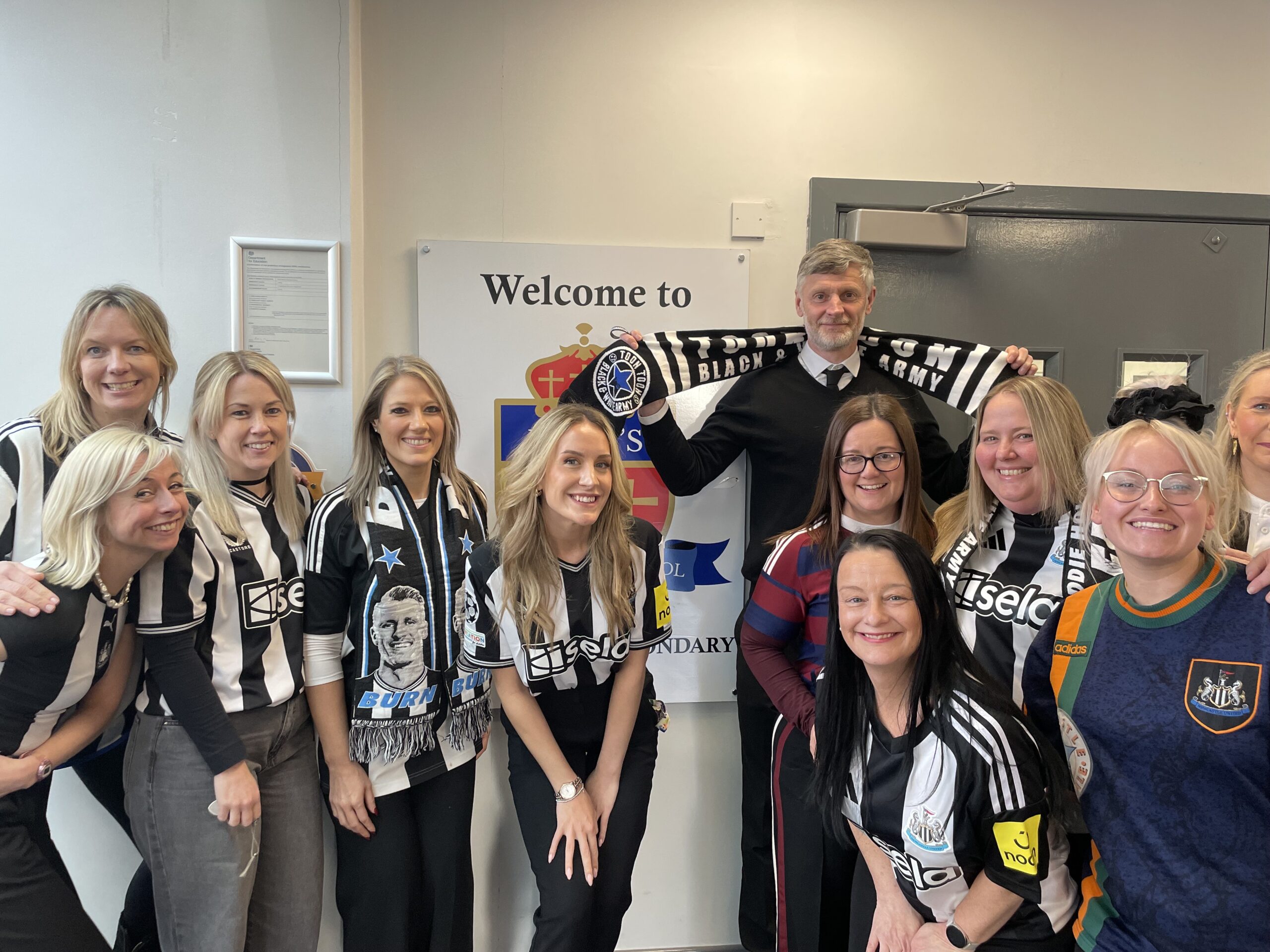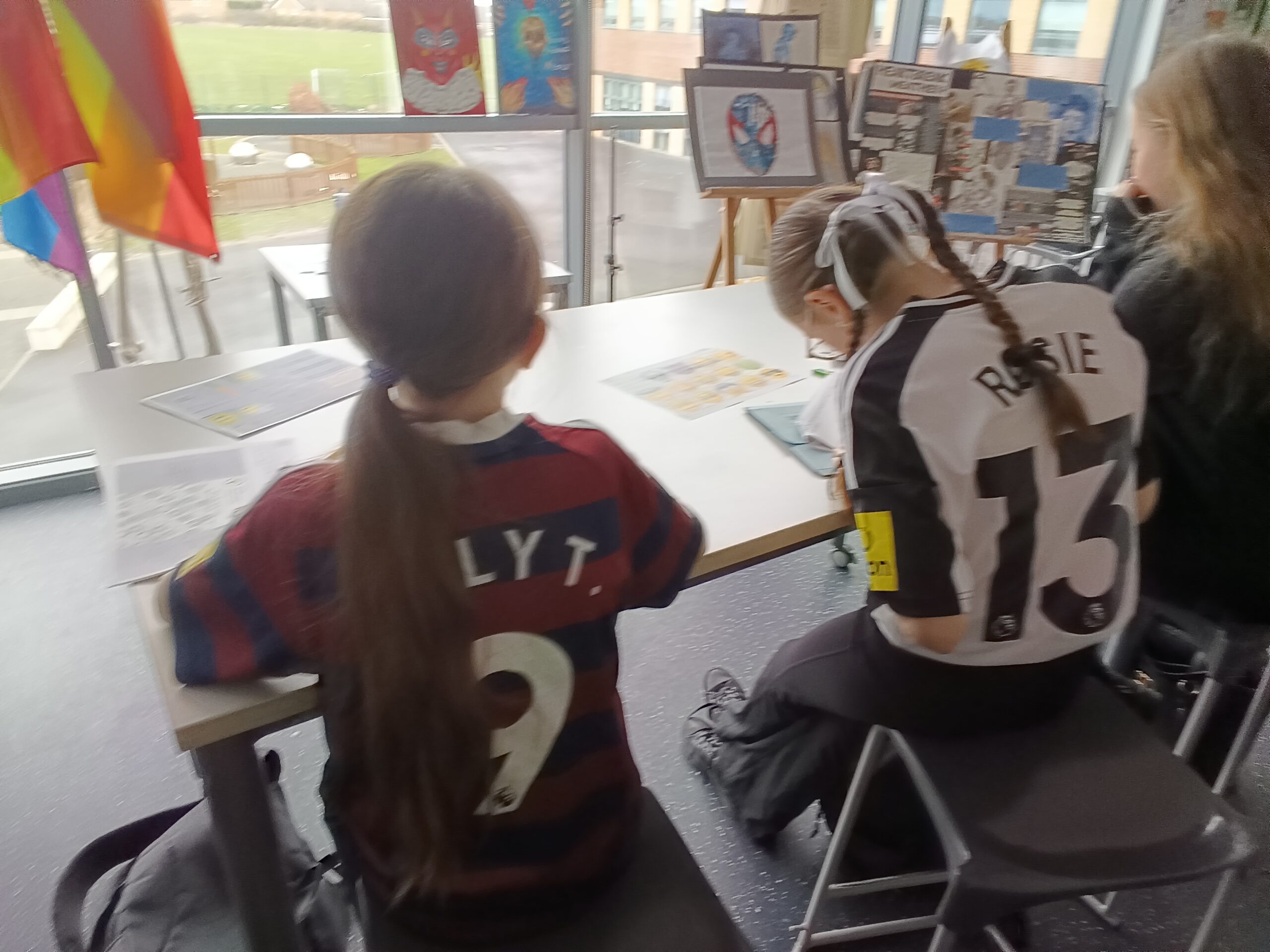Bluesky social app is a microblogging social media platform that gained popularity after separating from Twitter in 2021. It’s more than doubled its user numbers in the past six months alone, from 14.5 million in October 2024 to 32 million at present. Since accounts must be public, this opens the door to potential trolling, cyberbullying, and the spread of misinformation.
We’ve created this free guide – also available in podcast format – offering parents and educators advice and guidance on the tools available to keep children safe while using the popular social media platform Bluesky
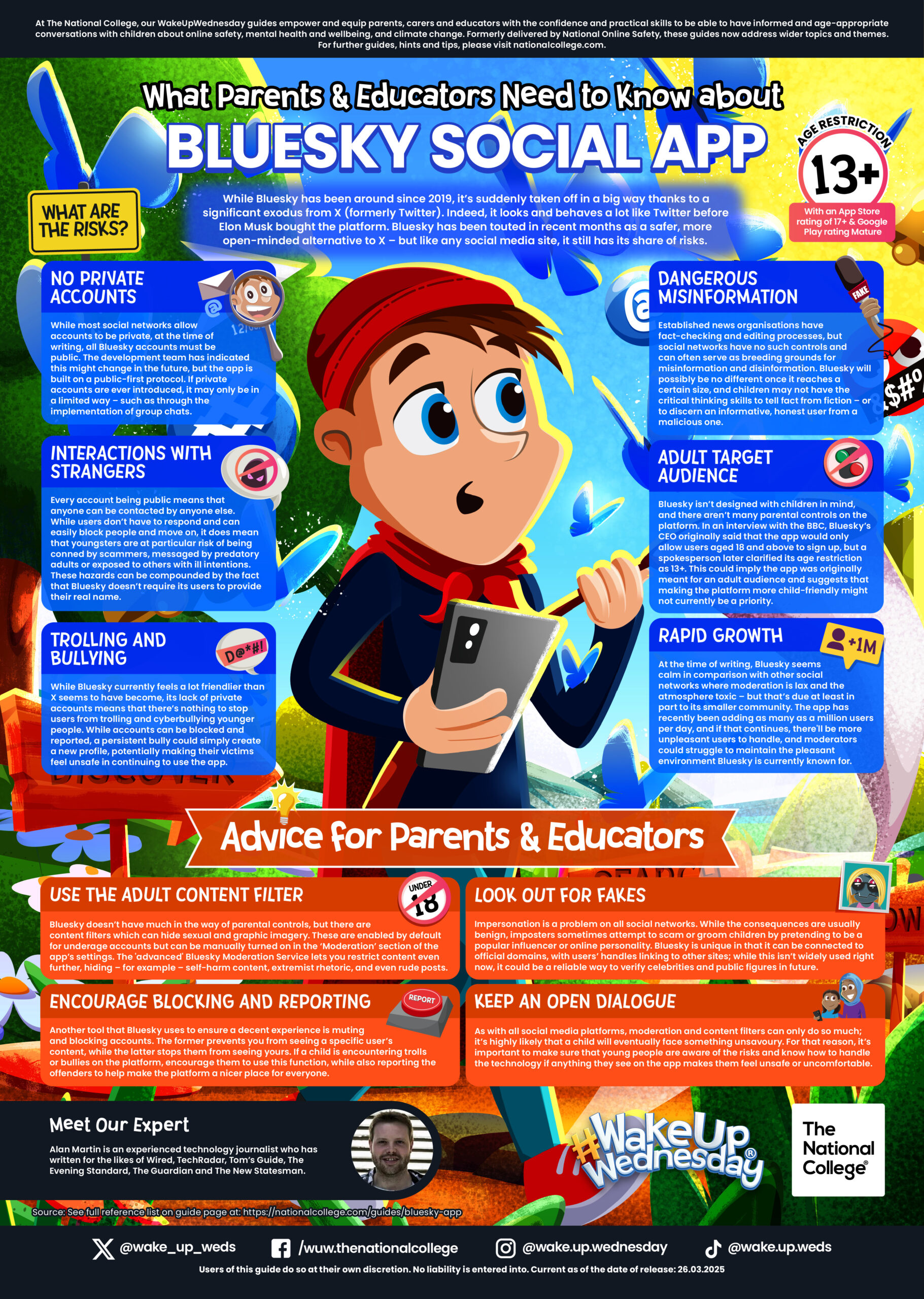
Welcome to the first edition of Duke’s Journal 2025.
Find out about all of the important and exciting events that have been taking place across our school since the start of the year. We’ve covered academics, residentials, sports, important events, careers and so much more.
Download the PDF below and read now!
On a weekly basis we have been showcasing examples of student work.
This week has seen Science students being creative and showcasing a
deeper understanding in their lessons.
Occurring through messaging apps, on social media and in online games, group chats are among the most popular ways that young people engage with their peers online. Involving, by definition, three or more individuals, these groups allow users to send messages, images and videos to everyone in one place. While they are useful for helping friends, people with shared interests or members of a club to communicate and coordinate activities, they can also leave young people feeling excluded and bullied – as well as providing opportunities for inappropriate content to be shared and viewed.
In the guide, you’ll find tips on a number of potential risks such as bullying, inappropriate content and unknown members.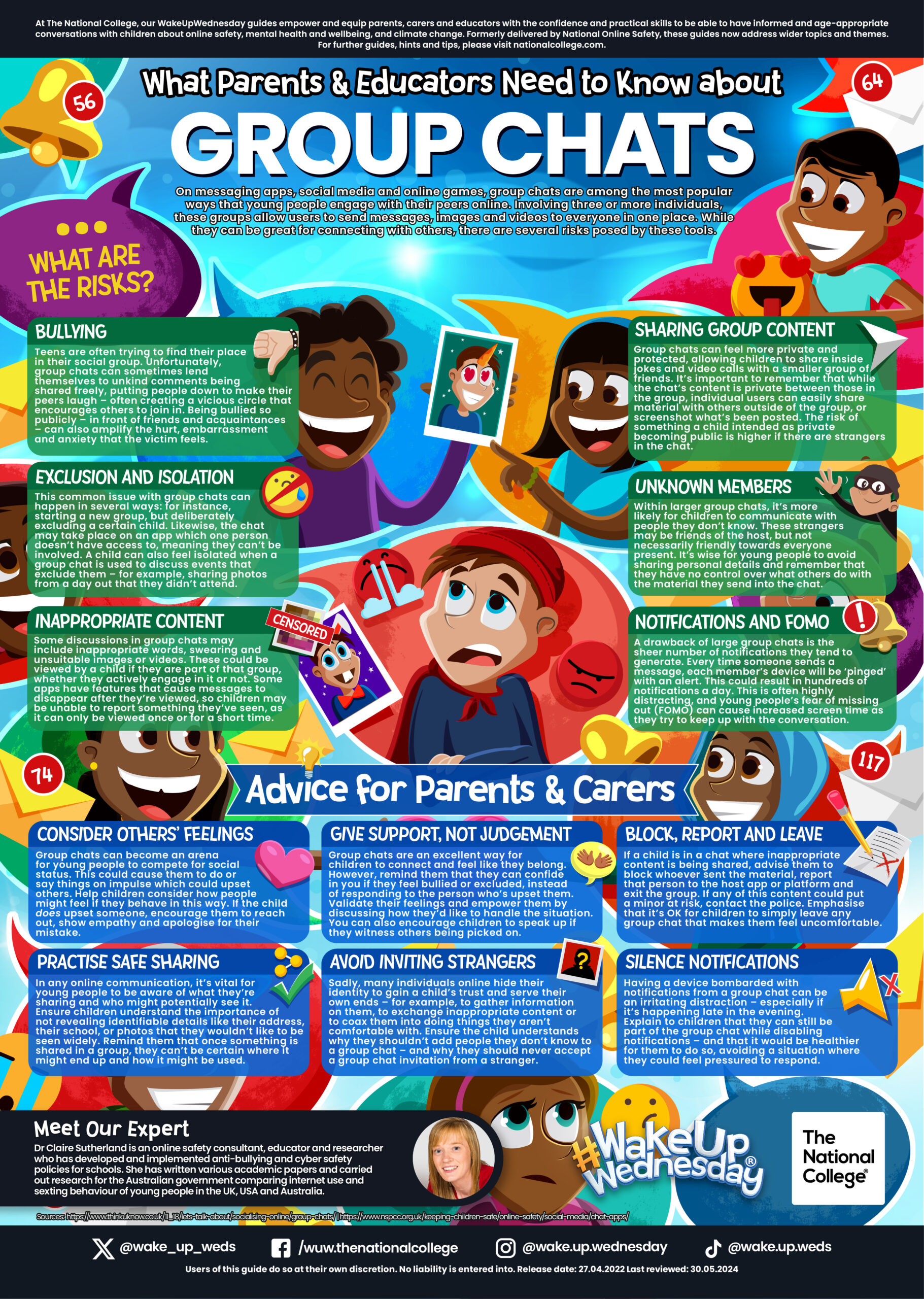
On a weekly basis we have been showcasing examples of student work.
This week has seen Maths students being actively engaged and showcasing a
deeper understanding in their lessons.
On a weekly basis we will be showcasing examples of student work.
This week is Design & Technology and Construction.
“Outstanding practice” will show student learning outcomes across
different subjects and where students have been actively engaged and deeply understand concepts.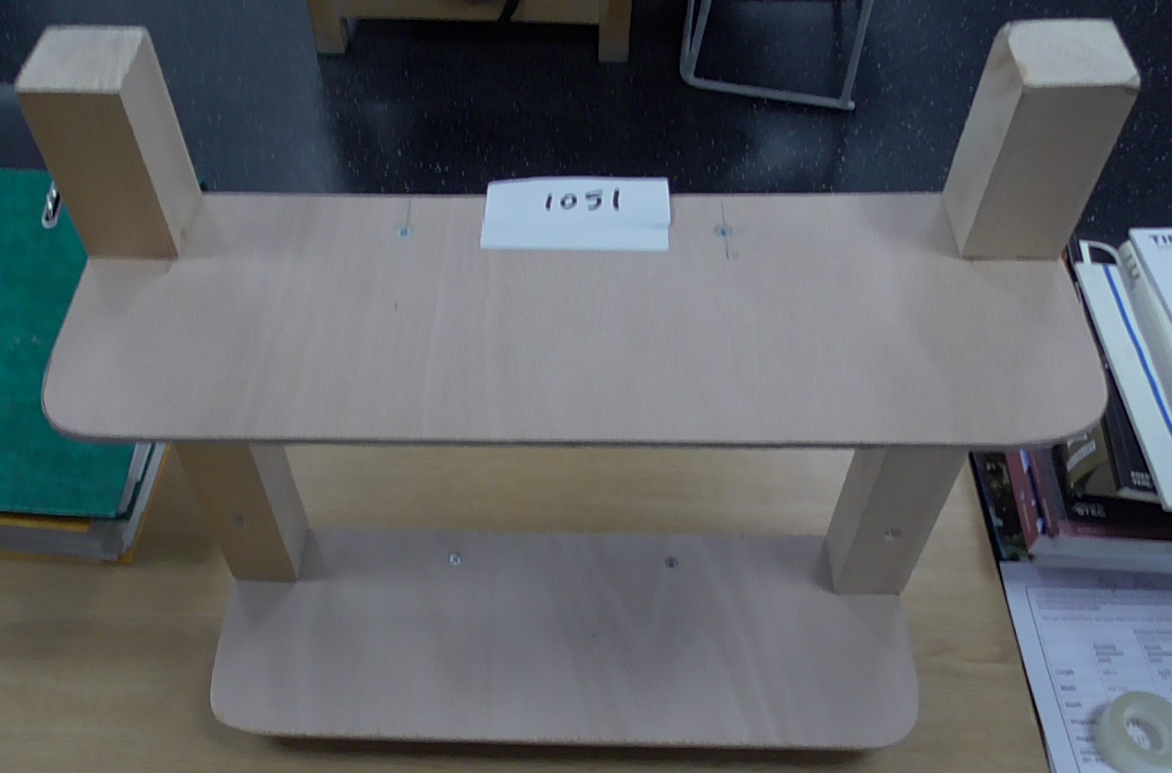

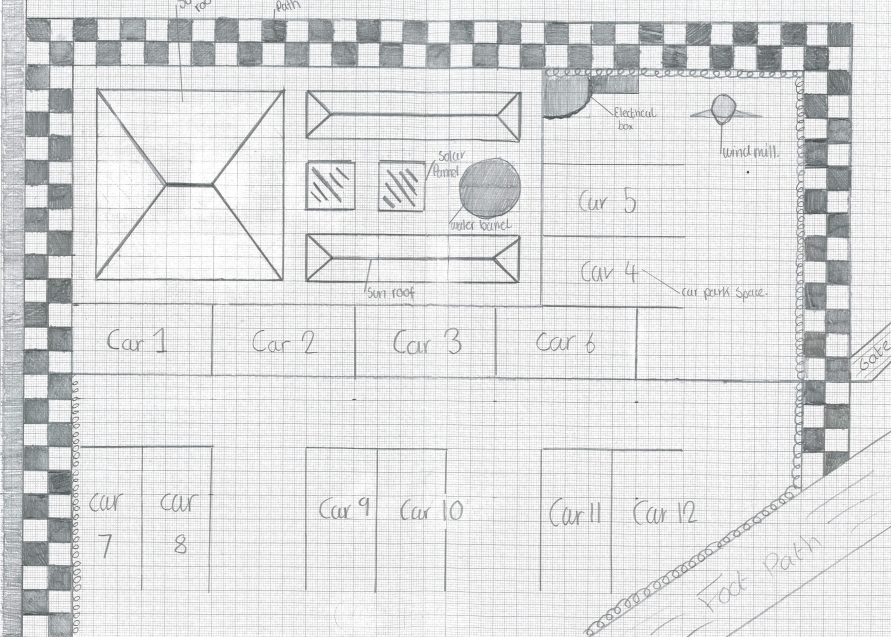
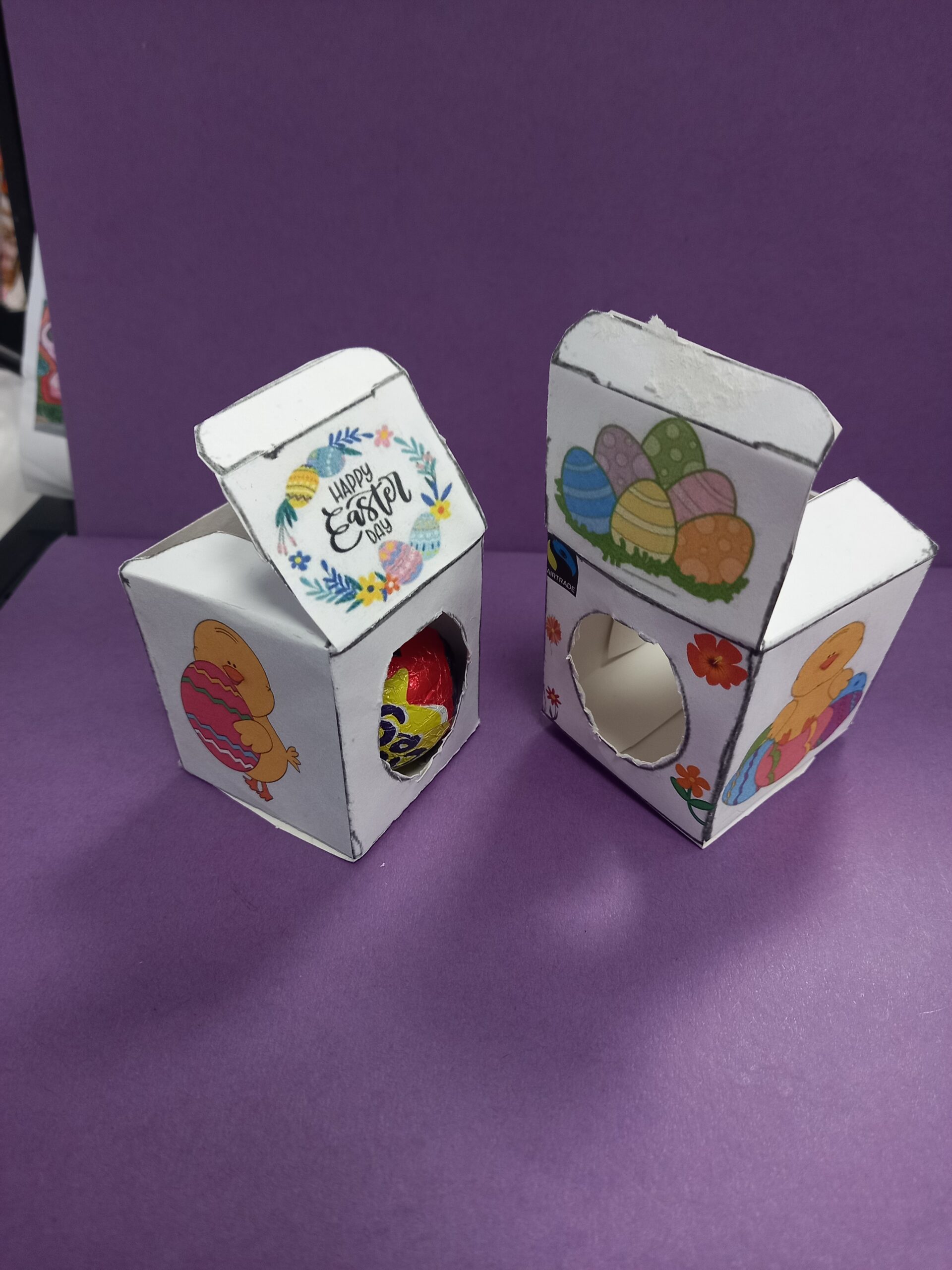

The way we engage with text has changed dramatically over the years. Whether reading captions on social media, instructions in a video game or an e-book on a digital device, technology plays a major role in modern literacy.
To help struggling readers, many digital platforms offer tools that enhance readability by making text more accessible and engaging. There’s also a broad range of accessibility features available, such as screen customisation and text-to-voice technology, which may help children and young people improve their literary confidence. This free guide offers ten top tips on how you can help young readers engage in text and foster a love for reading.